Are we overcomplicating training? We cut through the conflicting advice in search of a simple solution
There are myriad theories about how best to structure your training. But do any of them really work better than simply riding your bike lots?

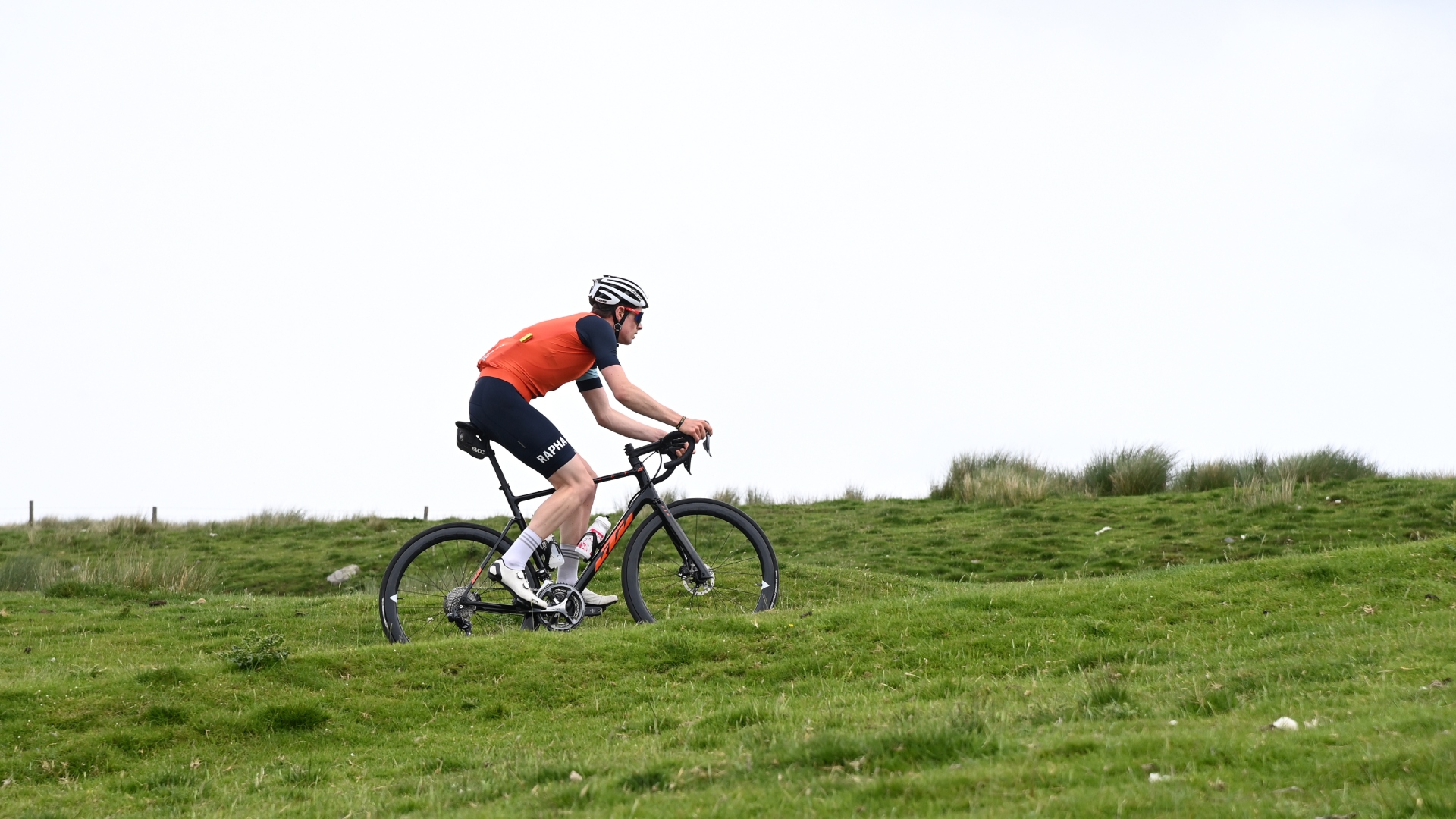
The latest race content, interviews, features, reviews and expert buying guides, direct to your inbox!
You are now subscribed
Your newsletter sign-up was successful
Has training ever been proven to work? It’s a very simple question with a very complex answer. We all know that riding your bike gets you fitter, but is it that simple? How much does the specific combination of sessions, intensities, recovery and periodization really matter?
“There are no secrets,” declares Peter Leo, cycling physiologist for the Australia national cycling team, “but you do have to train to what will be expected in the race you’re preparing for. It’s really important to understand the race demands; if you don’t understand them, you cannot be targeted in your training." Training to the demands of your event is one of the most simple, and fundamental cornerstones in the coaching world. But beyond this core principle, it often seems that wherever you look, you find conflicting opinions about how exactly to train. There’s a joke in applied sports science that for every study you find supporting a theory, there are two disproving it.
Should you obey the old 80:20 training rule and ride at low to moderate intensity 80% of the time, and at high-intensity the other 20%? Should you spend the majority of your time training in Zone 1, adding just a sprinkling of super-high-intensity work? With all the data at our fingertips, there is an ever-present risk of over-complicating training or following a cycling training plan just because it has worked for someone else. But is there also a danger of oversimplifying if we dismiss all the theories and train purely by intuition?
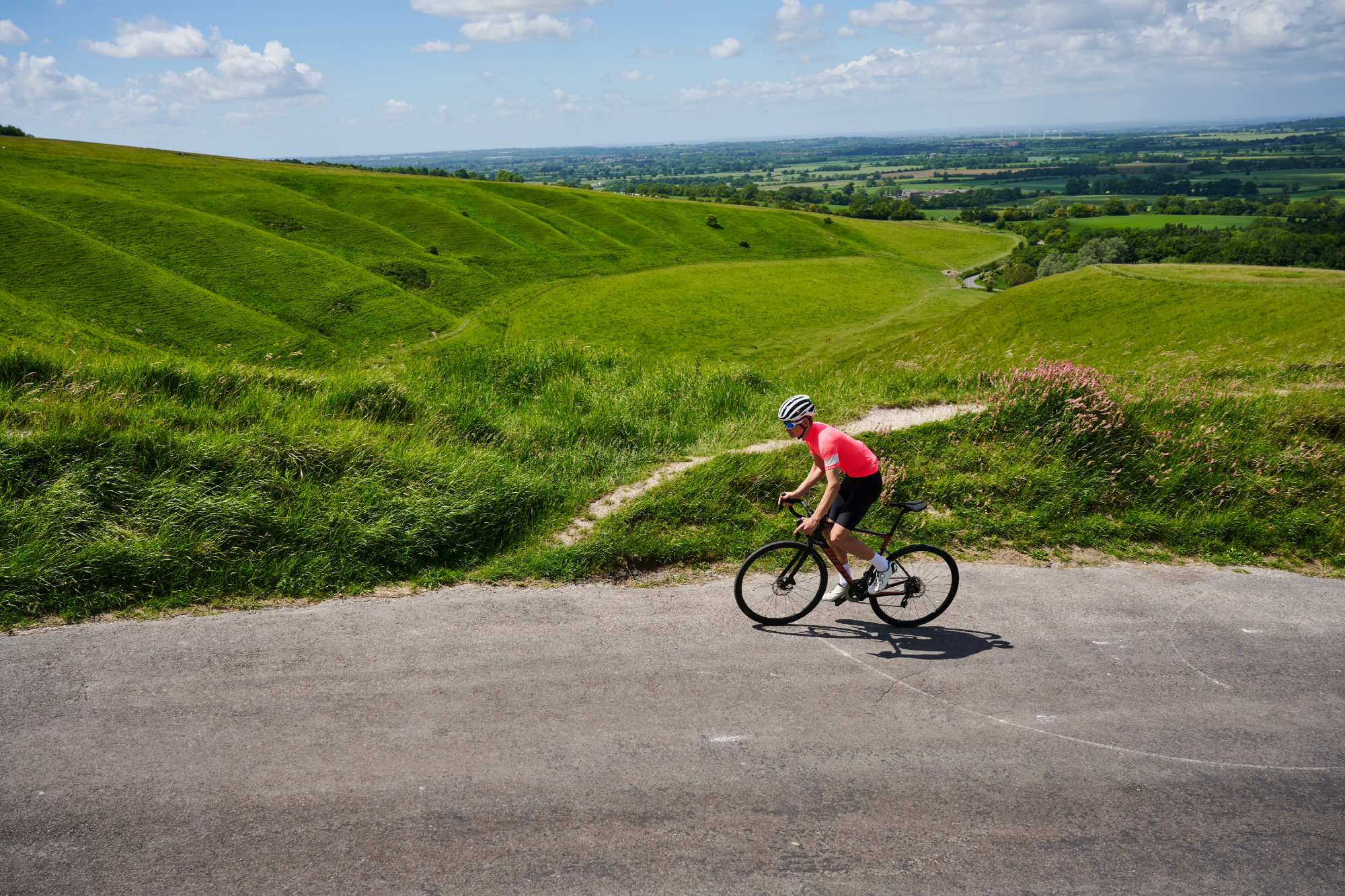
“I get annoyed by some athletes who try to make rocket science out of training,” says Leo, who also works with Team Jayco AlUla. “Just go out the door to train and sometimes go hard. It’s really not rocket science. As coaches, we have to make a lot of guesstimates, and guesstimates are important.” Training must be tailored to the individual by trial and error, Leo believes. “When assessing an individual, it’s good to start with what works in research, but if you applied the research on a one-to-one basis without personalisation, it would never work. Every athlete has individual physiology and individual responses. In training you have to take some key facts and make estimates around them.”
There is a theory for every wild and wacky method imaginable in endurance training. If you were to believe every published research paper, you’d be lost in a sea of competing theories. Just because something is published doesn’t mean it will hold up beyond the specific terms of the study. “You’ve got to be careful when approaching research papers,” advises Leo, who is himself a researcher at the University of South Australia. “There is a big difference between a research paper and evidence-based research. To be evidence-based means there are tens of independent studies that show the same trend over and over again.”

Training has a fascinating history and has come a long way since the 1920s when Tour de France riders would smoke cigarettes to supposedly “open up the lungs” before big climbs. The introduction of fartlek (literally translated as ‘speed play’) training in the 1930s by Swedish coach Gösta Holmér was a major step forward in interval training. Then the development of heart rate monitors in the late 1970s allowed athletes and coaches to develop workouts with objective intensity ranges. Modern-day equipment, power meters and physiological testing has allowed training to become more and more data-driven.
Throughout my years of racing, I’ve received so much advice that it’s been hard to know what to believe. When I was racing for a French team, I was told to train easier at lower intensity over winter, as this would be beneficial and prevent burn-out. These days, on the advice of my coach Alex Welburn, I do my biggest training weeks of the year between December and February. An important part of training is choosing whom to trust, then fully committing to the plan.
The latest race content, interviews, features, reviews and expert buying guides, direct to your inbox!
I spend hundreds of hours on the road each year amassing tens of thousands of kilometres. Practically every one of those hours is carefully prescribed by Alex with the aim of making me faster. I wake up each morning, check my plan on TrainingPeaks, then go outside and do it. Every now and then, I find myself questioning how and why it works.
Student of science
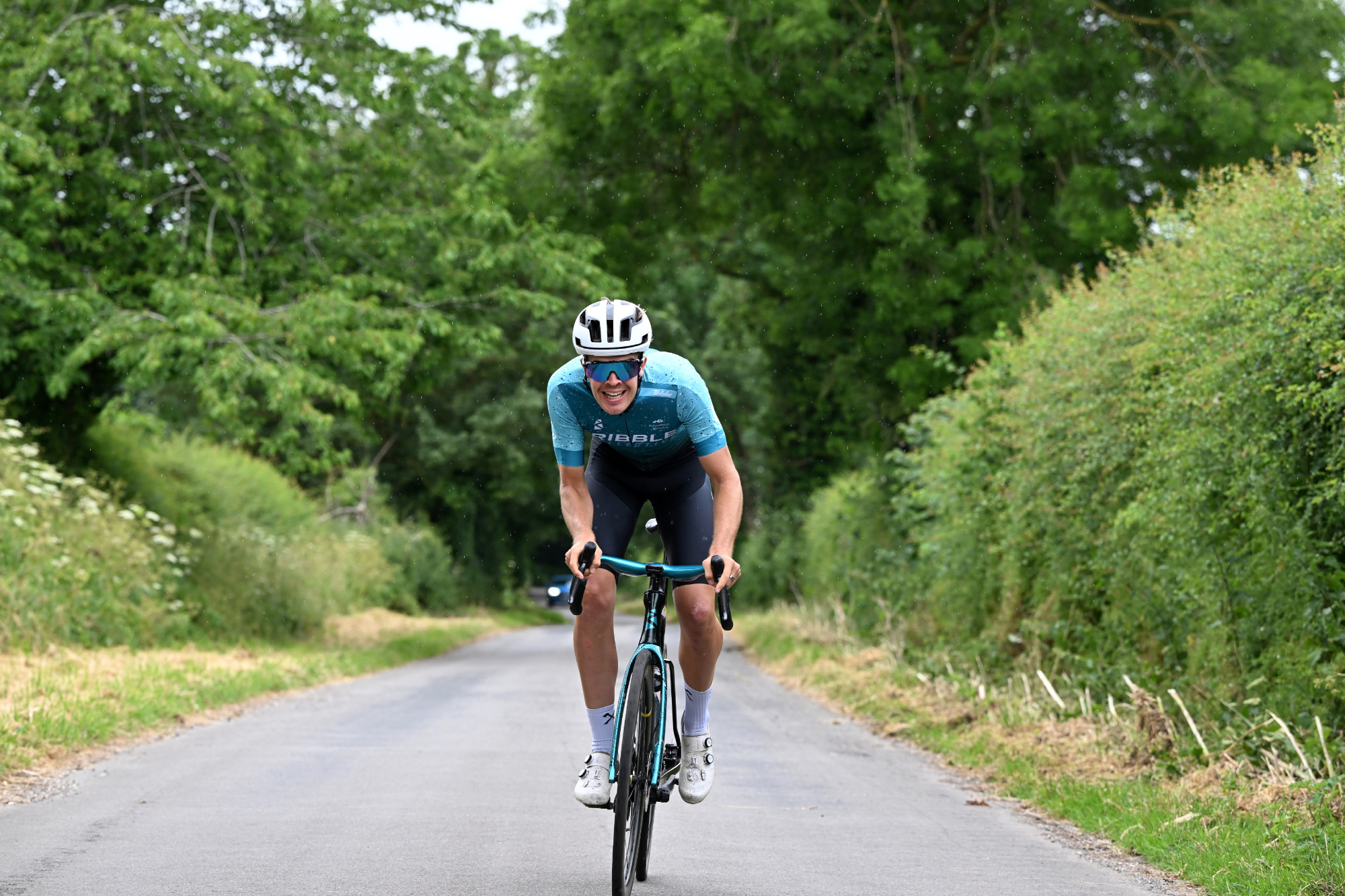
Part of the reason I trust Alex as my coach is because he is also a doctoral researcher in Performance Physiology at Loughborough University. A large part of his job is analysing new training practices and theories. “There is no holy grail in training,” he says. “One of the hot topics in research at the minute is the debate between pyramidal [increasing intensity while decreasing volume] and polarized training [alternating between low- and high-intensity]. There are sound supporting arguments on both sides, and whether one approach works better than the other mainly depends on the athlete.”
Alex makes a distinction between intention – the on-paper benefits of a session – and the messier reality of the session as actually ridden. “Sometimes you need to disregard training specificity and ask whether the athlete can keep healthy and fuelled enough to be able to recover from the sessions,” he explains. “A fellow coach once said that training sessions are like tools in a toolbox: some are more versatile than others. I think that’s a really good way of looking at it.”
Among amateurs, the extra factors such as fuelling and recovery too often get ignored. Having enough carbohydrates to be able to complete the session, then spending enough time recovering, is arguably as important as completing the training session in the first place. “Research is all about asking the right questions,” says Alex. “It’s quite easy to get research to say what you want it to, by designing it in a particular way. How do you define performance? Do you do physiological testing in a lab environment, which may be controlled but lack real-world validity? Going even further, many studies use untrained students as the test subjects. If you give them any sort of structure, of course they’re going to improve.”
Coaches are very fond of the response, “it depends”. For me as an athlete and journalist, “it depends” is an extremely frustrating answer. It is, however, very often true. Going back to the training fundamentals of frequency, volume, and intensity, as long as you increase at least one of them, creating a new training stimulus, you will generally improve – provided you allow enough recovery.
Can you boil down training to ‘the more you ride your bike, the better you get’? For the past five years, I’ve been a full-time rider doing 15-25 hours of riding most weeks of the year. Even these days, no longer under contract with a traditional road team, I still do a similar volume of training. Over the winter months, I do up to 30 hours per week, mostly at Zone 2 with one interval session. Come race season, I knock back the volume and turn to higher-intensity sessions for sharpening. Race season is often about recovering from each weekend’s racing while maintaining fitness levels.
Transition of training
It’s all very well for the physiologists to deny the existence of a watertight, one-size-fits-all training plan guaranteed to work, but professional riders are still getting faster, so clearly something is working very well. If it isn’t science-backed training methods, what exactly is it? “Training has changed because racing has changed,” says Leo. “You basically have no easy stages anymore. The change in racing mentality has meant a change in training. Pros have to train more aggressively now to get their bodies used to being ‘switched on’ from the start.” In other words, gone are the days when you could ease yourself into a stage race over the first few days. “My understanding of coaching changed when I started working with more pro riders,” Leo continues. “For amateurs, you can set easy days followed by intensity days. For pros, every session has to have some sort of specificity.”
Does it follow that amateurs should train more like pros? “No, because professionals rely on high volume,” Leo replies. “You can have the fanciest programme in the world, but without underlying volume you’re not going to be able to survive in hour five on day 18 of a race. This doesn’t apply in amateur racing.” The difference is stark: pro riders are generally racking up 15-25 hours per week, while 10 hours is the top end for most amateurs.
But if volume limitations forbid amateurs from following in the footsteps of WorldTour riders, what is the best real-world training structure? “Quality is key but at the same time maintaining the social and fun aspect of training too,” says Alex. “With less than 10 hours of training per week, it’s unlikely that you’re going to get the full benefits of just doing endurance, so you need to stack quality sessions in there too.”
Training has always confused me. I have friends in the sport who’ve moved up the ranks alongside me since our junior days. Some of us have followed polar opposite training, yet there has been little to choose between us in terms of progress and performance. Go figure.
As the saying goes, there is more than one way to skin a cat. It’s hard to know what training technique or philosophy works best for an individual. As the world’s best coaches lean on “it depends” and “guesstimates”, it’s worth noting that sticking hard and fast to a single approach may not be the best idea. Instead, allow flexibility in your training plan, and keep an open mind to find out what works best for you. It is trial and error, trying new things to spark new training stimuli, that tends to yield the best results in the long term.
Pro rider views
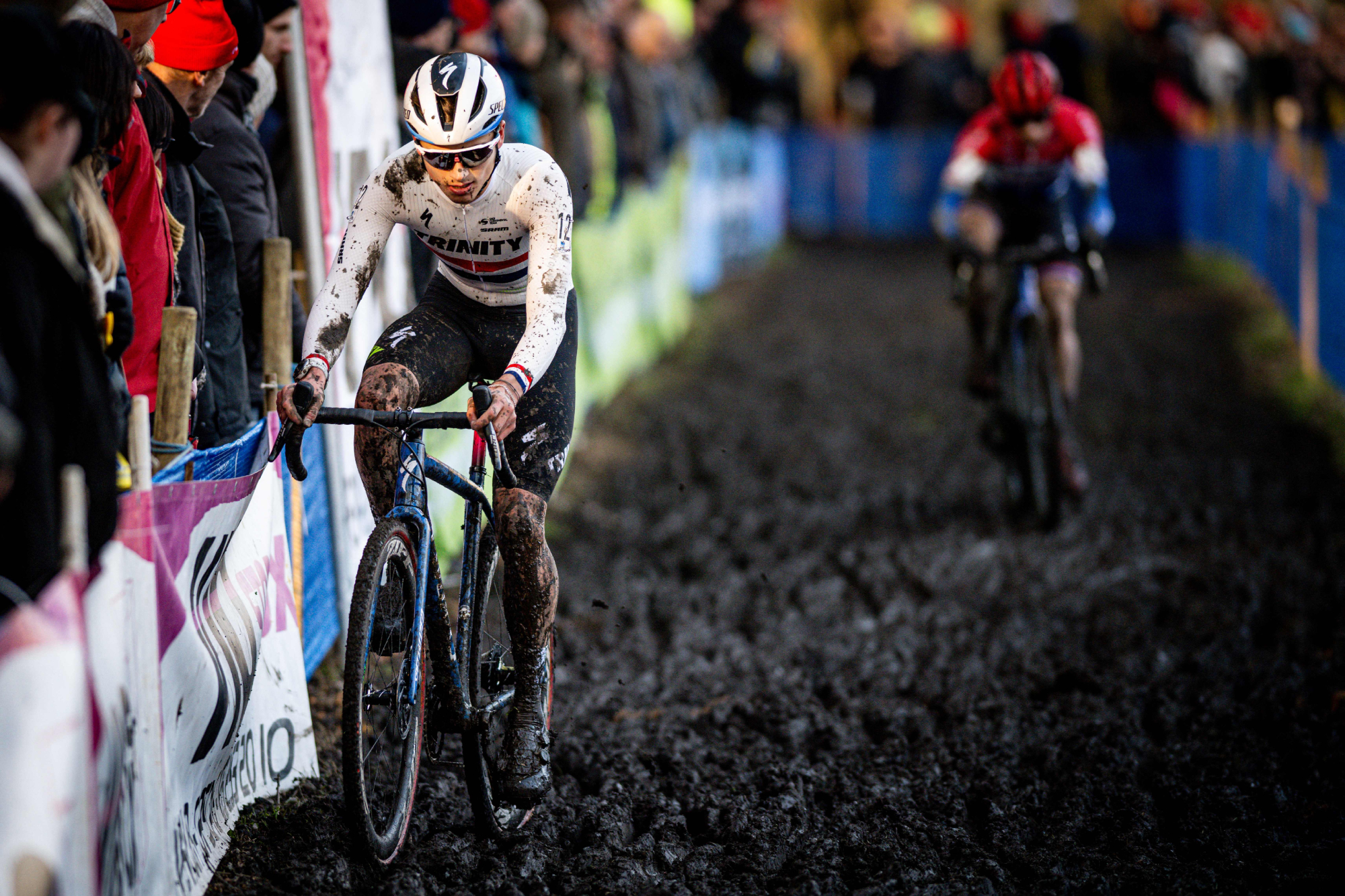
‘Mix up the disciplines, go with the flow’
British national cyclocross champion Cameron Mason, 22, turns his talents to four different disciplines across each season. He isn’t afraid to try new approaches, and last autumn took a long break from racing before opening his cyclocross account in mid-winter. It seemed to pay off in spectacular fashion. We asked Mason how he decides how to train:
“At a macro level, I am data-driven, but at the micro level, I’m more ‘go with the flow’. I think it’s important to be disciplined, with a good plan, but the day to day needs to be flexible to allow for real-life demands.
“I like to know which days I am riding and for how long, and then me and my coach [James McCallum] go into the specific efforts where needed. When we have a specific session, I like it to be very structured and well defined.
“I find if I spend too many days in a row on one bike, I get a bit stagnant and bored. I’m super-lucky to be able to ride so many bikes in so many disciplines, and I find they all contribute to reaching my cycling goals.
“I think that with the right planning there is no reason why you can’t be structured and organised in off-road training. As long as you hit the goal of the session, it doesn’t matter what you do between intervals.”
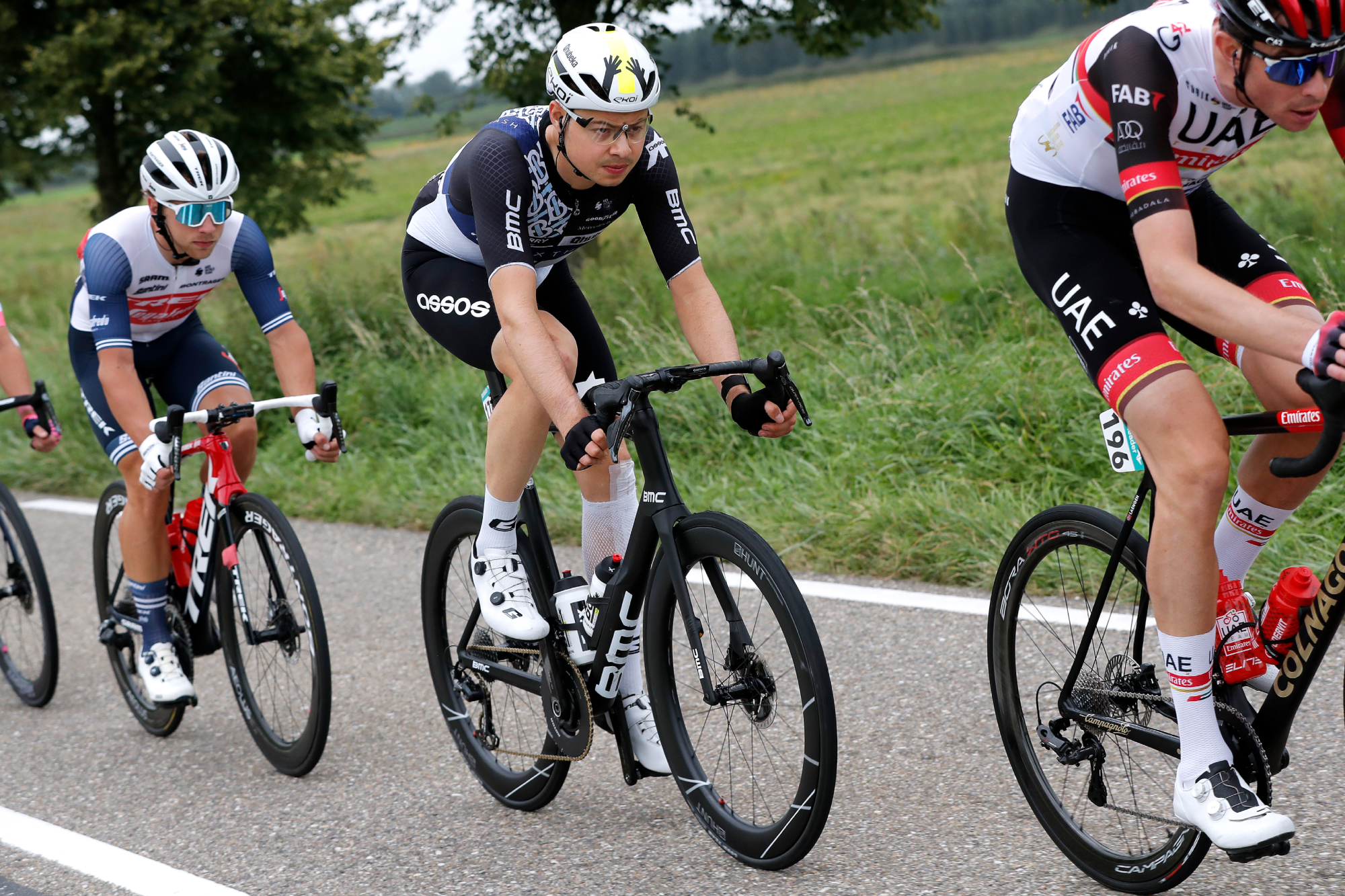
‘Don’t sweat the detail, just get the work done’
Harry Tanfield, 28, raced in the WorldTour from 2019 to 2021, and now rides for Dutch Continental team TDT-Unibet. We asked him what he’s learnt over the years about which types of training work best.
“Over the years I've followed all different types of training plan, some for the better, some for the worse. I've got to know my physiology quite well, so I know what works best for me and gives the best return on investment. That said, there is always more than one way to skin a cat and sometimes the outcomes are the same despite the inputs being different.
“Over the last few years, there has been a greater emphasis on nailing really hard micro-interval sessions in extended blocks [over-unders], but there has always been a strong emphasis on base miles, for good reason. I’m of the ‘just get the work done’ mentality. It's possible to overthink things.
“If you believe in what you're doing and have faith in your coach, then some days you just have to crack on. I’m not saying that I don't listen to my body, and I do adjust and rejig training where necessary, but it doesn't happen very often – normally I just crack on.
“I'm not religious with a workout plan and I'm not a robot. I watch my duration and I am careful not to overdo it on the interval days, sometimes cutting it short if I sense I’ve done enough. Then again, on my longer steady days, If I'm feeling good, I’ll often go on longer than planned.”
This full version of this article was published in the print edition of Cycling Weekly. Subscribe online and get the magazine delivered direct to your door every week.

Joe Laverick is a professional cyclist and freelance writer. Hailing from Grimsby but now living in Girona, Joe swapped his first love of football for two wheels in 2014 – the consequence of which has, he jokes, been spiralling out of control ever since. Proud of never having had a "proper job", Joe is aiming to keep it that way for as long as possible. He is also an unapologetic coffee snob.